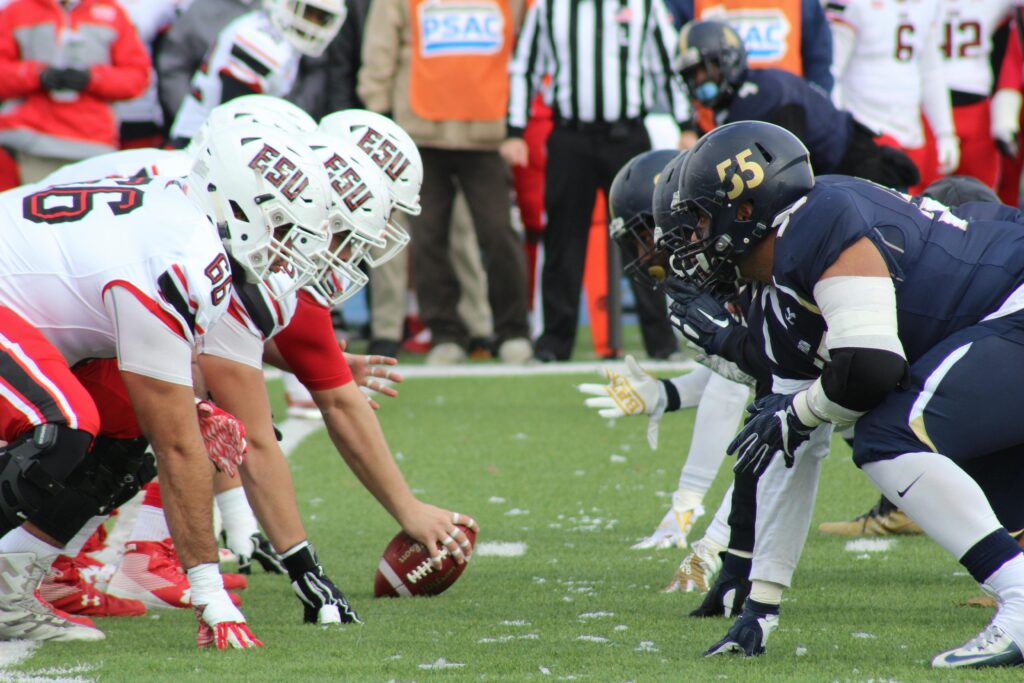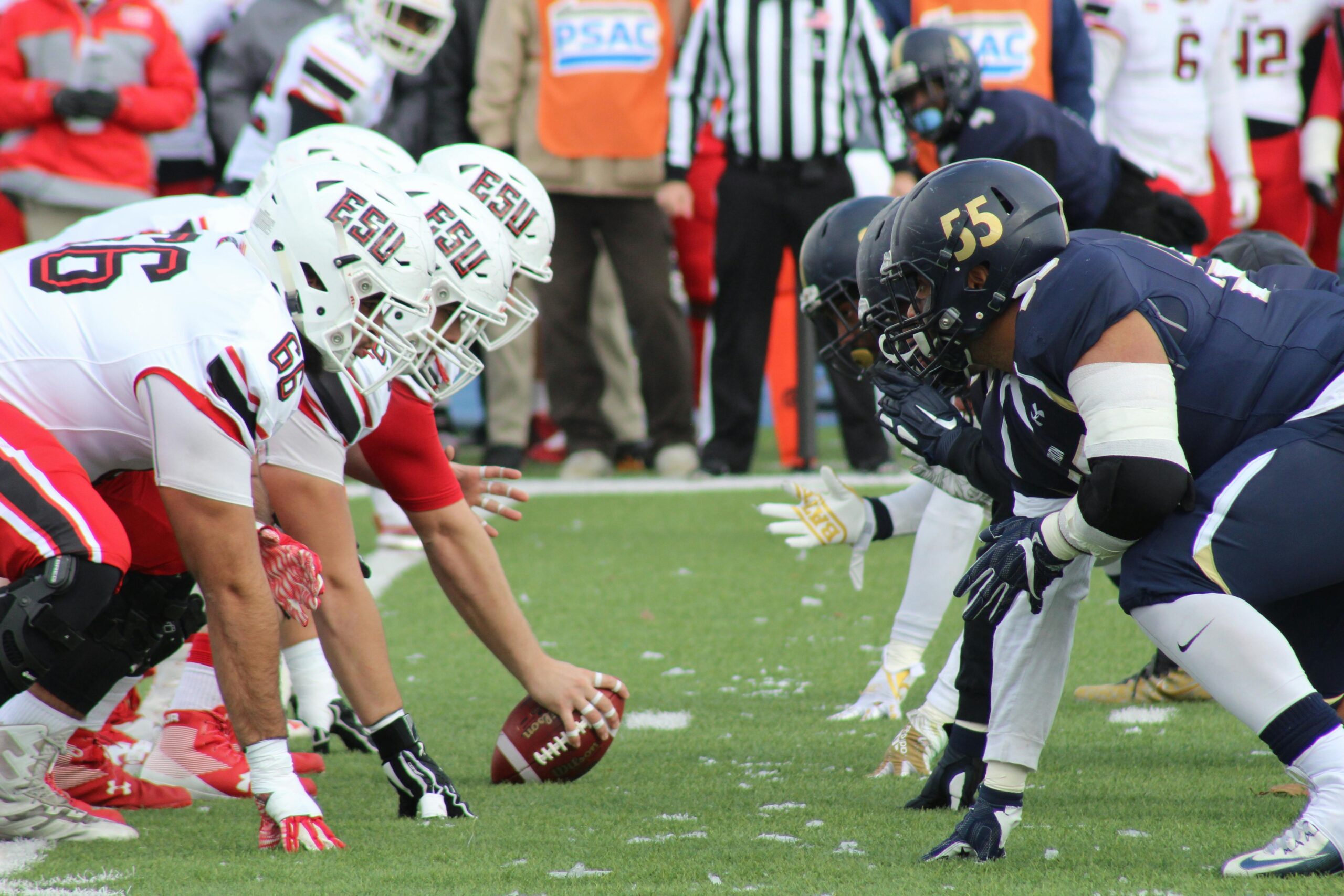A Cultural Phenomenon
Sports have been an integral part of human society for centuries, serving not only as a source of entertainment but also as a powerful tool for social cohesion and personal development. From the ancient Olympic Games to modern professional leagues, the evolution of sports reflects broader social changes and cultural values. This article explores the significance of sports, their evolution over time, and their impact on society today.

The Historical Context of Sports
The origins of sports can be traced back to ancient civilizations. The Greeks established the Olympic Games in 776 BC, which celebrated physical prowess and honored the gods. These games were not merely competitions; they were a reflection of the cultural values of the time, emphasizing strength, honor, and community.
As societies evolved, so did the nature of sports. In medieval Europe, various forms of competition emerged, including jousting and archery, which often served military purposes. The Renaissance saw the birth of more organized sports, with the establishment of rules and governing bodies. By the 19th century, the modern sports framework began to take shape, influenced by the industrial revolution, which provided greater leisure time and a growing middle class eager to participate in and spectate sports.
The Modern Era: Commercialization and Globalization
The 20th century marked a significant turning point in the world of sports, characterized by commercialization and globalization. With the advent of mass media, sports gained unprecedented visibility. Radio broadcasts in the early 1900s, followed by television in the mid-20th century, transformed how fans engaged with sports. The ability to watch live events from anywhere in the world fostered a global fanbase and introduced the concept of celebrity athletes.
This period also saw the rise of professional leagues and franchises, which prioritized profitability alongside athletic excellence. Major League Baseball, the National Football League (NFL), and the English Premier League became billion-dollar industries, significantly impacting local economies and culture. Sponsorships and endorsements turned athletes into household names, creating a new narrative where sports were intertwined with commerce.
The Social Impact of Sports
Sports play a multifaceted role in society, transcending mere entertainment. They have the power to unite individuals across diverse backgrounds and foster a sense of belonging. Events like the FIFA World Cup or the Olympics bring together nations and communities, promoting camaraderie and mutual respect. These tournaments often act as a platform for social change, highlighting issues such as racism, gender inequality, and mental health.
One notable example is the activism of athletes like Muhammad Ali, Colin Kaepernick, and Megan Rapinoe, who used their platforms to advocate for social justice. Their actions have sparked crucial conversations about race, equality, and representation in sports and beyond. Sports have proven to be a microcosm of society, reflecting and challenging prevailing norms and values.
The Benefits of Sports Participation
Engaging in sports offers numerous benefits beyond entertainment. Physically, regular participation in sports promotes health, fitness, and overall well-being. It reduces the risk of chronic diseases, enhances cardiovascular health, and improves mental health by alleviating stress and anxiety.
Moreover, sports contribute to the development of essential life skills. Team sports teach collaboration, communication, and leadership, while individual sports foster discipline, perseverance, and self-motivation. For young people, participating in sports can be a crucial factor in building self-esteem and confidence, helping them navigate the challenges of adolescence.
Challenges Facing the Sports Industry
Despite its many benefits, the sports industry faces significant challenges. Issues such as doping, corruption, and violence have plagued various sports, undermining the integrity of competition. The ongoing debate about the commercialization of sports raises questions about its impact on the authenticity of athletic endeavors. Many fear that the pursuit of profit may overshadow the core values of sportsmanship and fair play.
Additionally, the COVID-19 pandemic highlighted the fragility of the sports industry. With events canceled or postponed and fans barred from stadiums, the economic implications were devastating for many teams and organizations. This situation forced a reevaluation of the relationship between sports and society, emphasizing the need for resilience and adaptability in the face of unforeseen challenges.
The Future of Sports
As we look to the future, the landscape of sports continues to evolve. Technological advancements are transforming how we experience and engage with sports. Virtual reality, augmented reality, and advanced analytics are creating new opportunities for fans and athletes alike. E-sports, a rapidly growing sector, is attracting millions of viewers and challenging traditional definitions of sports.
Moreover, there is a growing awareness of the importance of mental health in athletics. Initiatives to support athletes’ mental well-being are gaining traction, recognizing that emotional resilience is as crucial as physical fitness. This shift in focus may reshape how athletes train, compete, and prepare for their careers.
Conclusion
Sports are more than just games; they are a reflection of our society and culture. They have the power to inspire, unite, and drive social change. As we move forward, it is essential to nurture the positive aspects of sports while addressing the challenges that arise. By doing so, we can ensure that sports continue to play a vital role in our lives, promoting health, community, and understanding across diverse populations. Whether as participants, fans, or advocates for change, our engagement with sports can shape a brighter future for all.
